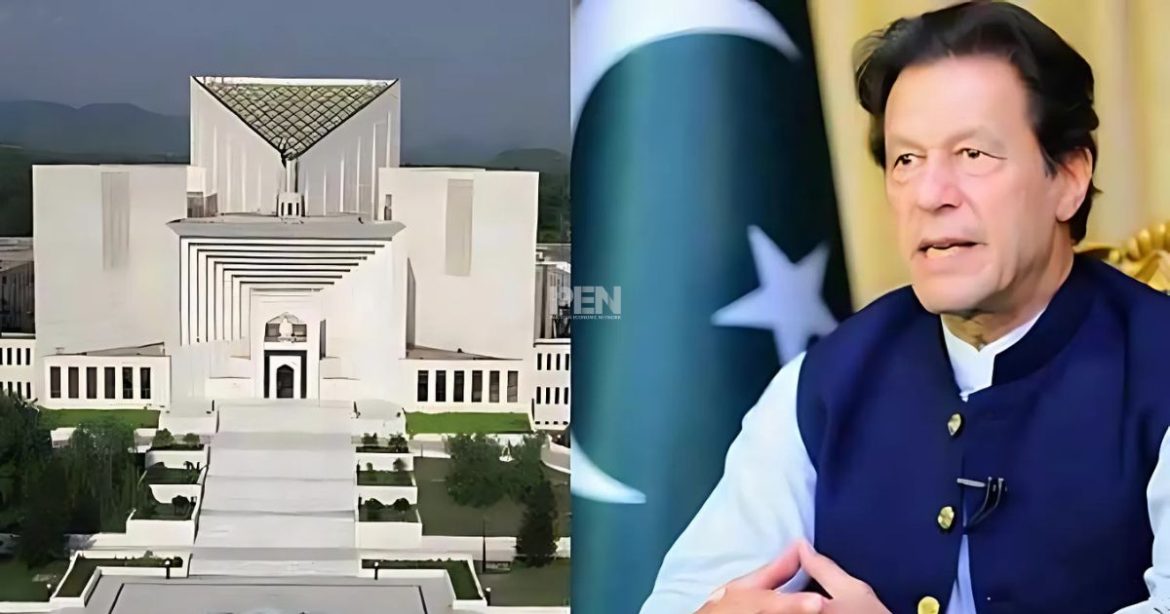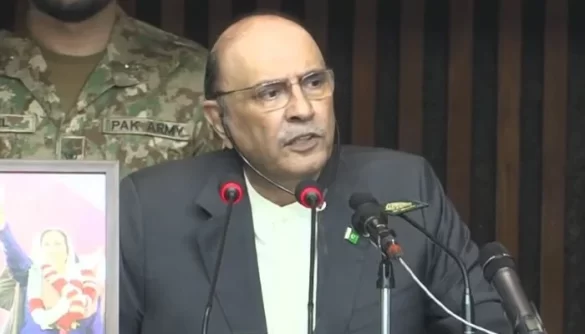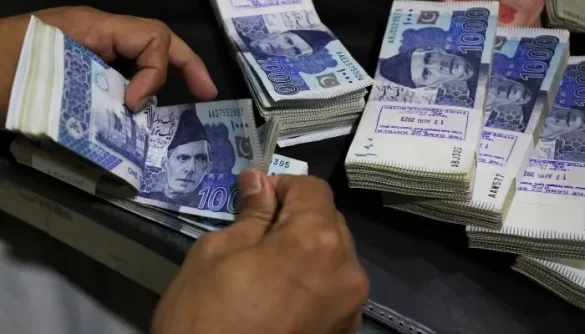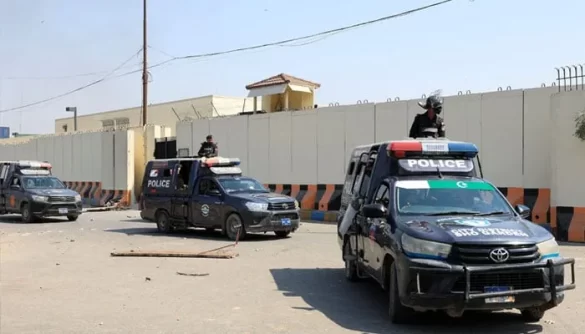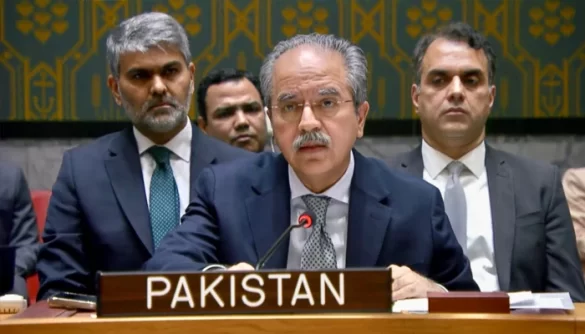Bench Restructured in High-Profile Case
The Supreme Court of Pakistan has altered the bench hearing bail appeals filed by former Prime Minister Imran Khan in connection with the violent events of May 9, 2023. The change, announced on Wednesday, has drawn significant attention from legal and political circles due to the potential implications for Pakistan’s fragile political landscape.
According to court officials, the three-member bench was originally headed by Chief Justice Yahya Afridi and included Justice Mian Gul Hasan Aurangzeb and Justice Hasan Rizvi. However, in the latest reshuffle, Justice Aurangzeb has been replaced by Justice Hasan Azhar Rizvi. The court has not provided an official explanation for the adjustment.
May 9 Violence and its Aftermath
The May 9 incidents remain one of the most turbulent episodes in Pakistan’s recent political history. On that day, protests erupted nationwide after Imran Khan’s dramatic arrest in a corruption case by paramilitary forces. Demonstrations quickly escalated, with reports of violent clashes, attacks on military installations, and widespread property damage.
Authorities accused Khan’s party, Pakistan Tehreek-e-Insaf (PTI), of orchestrating the unrest. Several senior PTI leaders have already been sentenced to 10 years in prison over May 9 violence, though the party continues to deny direct involvement, describing the protests as a spontaneous reaction to Khan’s detention. At least 10 people were killed in the violence, and hundreds were arrested in the aftermath.
The government responded by launching a sweeping crackdown on PTI, detaining thousands of party workers and filing multiple cases against its leadership. Among the most prominent defendants is Khan himself, who already faces more than 150 legal cases ranging from corruption to terrorism-related charges.
Court Proceedings and Delays
During Wednesday’s hearing, Special Prosecutor Zulfiqar Naqvi resumed arguments against granting Khan bail. A day earlier, proceedings had been adjourned after Naqvi reportedly fell ill during his presentation before the court. The bench reconvened at the Chief Justice’s direction, underscoring the urgency of concluding the matter.
Legal sources say that once arguments from both the prosecution and defense are completed, the court is expected to reserve its judgment on the bail petitions. The timing of the decision remains uncertain, but observers believe the outcome could shape Khan’s immediate political future.
Political and Legal Repercussions
The bench change has already triggered debate within legal circles. Some experts view it as a routine administrative decision, while others suggest it could carry political undertones given the sensitivity of the case.
For Pakistan’s political establishment, the stakes are high. Khan, who was ousted from office through a parliamentary no-confidence vote in April 2022, remains one of the country’s most popular yet polarizing figures. His ability to secure bail in the May 9 cases would allow him greater political maneuverability, while a denial could further limit his already constrained role in active politics.
Analysts warn that the Supreme Court’s handling of the matter could influence public trust in the judiciary. “The perception of judicial independence is critical right now,” said a senior Islamabad-based lawyer. “Even routine bench changes can become politically charged when they involve figures like Imran Khan.”
Broader Political Context
Pakistan continues to grapple with political uncertainty, with Khan’s PTI facing restrictions and many of its leaders in detention or exile. The country is also struggling with economic challenges, including soaring inflation, a weak currency, and pressure from the International Monetary Fund (IMF) to implement tough reforms.
In this environment, the May 9 cases serve as a flashpoint. They not only carry legal consequences for Khan but also symbolize the broader contest between civilian political parties and the military establishment, which has historically played an outsized role in governance.
What Comes Next?
The Supreme Court’s decision on Khan’s bail appeals will be closely watched, both domestically and internationally. It could determine whether the PTI leader retains space to contest future elections or remains entangled in protracted legal battles.
For now, the reshuffled bench continues hearings, with the political establishment, legal community, and international observers all awaiting the court’s next move.

